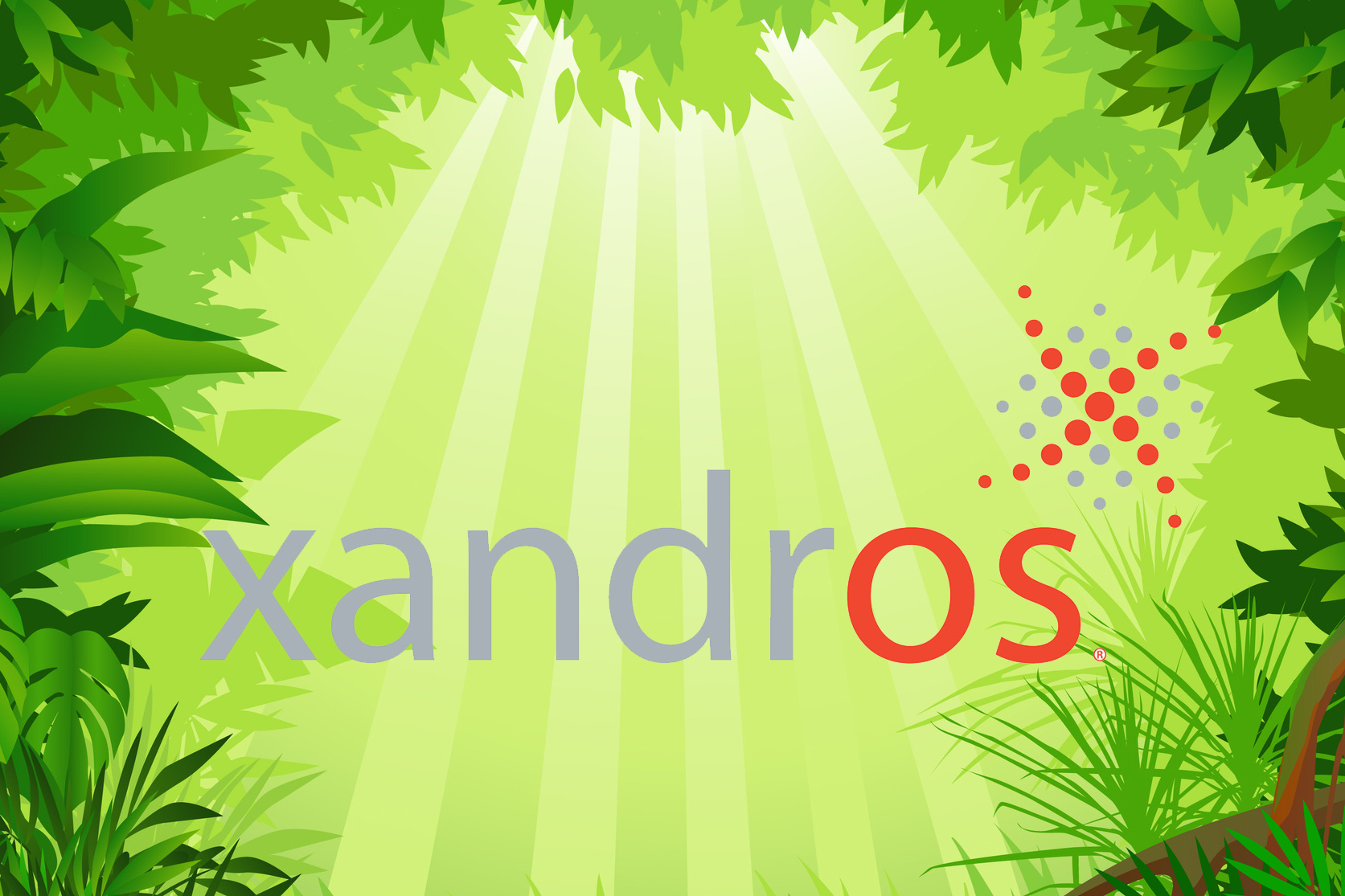The lost world of the Xandros desktop
The latest release of the Xandros Linux desktop edition was in June 2006, which is several lifetimes in the history of Linux. Is this the end of the line for the Xandros desktop?

Xandros is based, like Ubuntu, on Debian GNU/Linux, the ultimate community distribution of Linux, but lives by a very different ethos.
Xandros has moved at its own pace, offering solutions from desktop to server, with the objective of "selling Linux into a Windows world."
There was a short-lived community edition of Xandros, but for the most part Xandros has given the impression of keeping itself to itself, concentrating on its partnerships and enterprise sales, selling a boxed edition based on ageing but stable versions of Debian, and cranking up EOM deals with the likes of Asus - remaining on the sidelines of the Linux world, all but imperceptible to Linux users, except when it has broken ranks, to appear on the Asus Eee PC or to sign an unfriendly 'patent covenant' with Microsoft.
The distribution is 'Windows-like', neatly configured, easy to use and popular with its own particular band of devotees, but contains proprietary extensions and an all but moribund release cycle.
The 'patent covenant' with Microsoft has had a detrimental effect on Xandros' ongoing relationships with the Linux user and developer communities. Ostensibly the purpose of the deal with Microsoft was to licence protocols to enable Xandros' BridgeWays and Scalix products to work with Microsoft networks.
The long term effect is the appearance of credibility it has leaned to Microsoft's often re-iterated, never substantiated, and highly contentious, claims of patent infringements in the Linux kernel.
As an avowedly commercial desktop distribution the primary market for Xandros has been the OEM market for desktop users, a market that has been locked by exclusionary contracts with Microsoft for Windows and the dependence of commercial users on Windows applications.
Get the ITPro daily newsletter
Sign up today and you will receive a free copy of our Future Focus 2025 report - the leading guidance on AI, cybersecurity and other IT challenges as per 700+ senior executives
Xandros tried to imprint a traditional software sales model on GNU/Linux, which hasn't really worked, despite the cost and efficiency advantages of GNU/Linux for commercial users, so the company has looked instead towards the mobile and netbook market, where it has found some success.
Still the common perception that Xandros stands apart from other Linux distributions has not been helped statements like that of Jordan Smith, product marketing manager for OEM solutions at Xandros, who has said: "We are kind of getting away from being a Linux company, and we are more interested in presenting a user experience. Users don't care about Linux."
Significantly, Xandros now places more emphasis on BridgeWays and Scalix than it does on its Linux solutions, suggesting a long term switch away from the Linux desktop to turnkey OEM and networking solutions, which means putting Linux on smartbooks and other mobile devices.
Corel Island
Xandros has been with us since August 2001, when it sprang from the ashes of Corel Linux, which had its own chequered history.
Between 1996 and 1998. Corel - founded in 1985 and battered by competition in its key markets by Microsoft - had accumulated losses of $265 million.
-
 Why keeping track of AI assistants can be a tricky business
Why keeping track of AI assistants can be a tricky businessColumn Making the most of AI assistants means understanding what they can do – and what the workforce wants from them
By Stephen Pritchard
-
 Nvidia braces for a $5.5 billion hit as tariffs reach the semiconductor industry
Nvidia braces for a $5.5 billion hit as tariffs reach the semiconductor industryNews The chipmaker says its H20 chips need a special license as its share price plummets
By Bobby Hellard
-
 Tiny11 review: Windows 11 with only 2GB of RAM
Tiny11 review: Windows 11 with only 2GB of RAMReview A version of Windows 11 for older machines that don't meet the full requirements
By Nik Rawlinson
-
 Red Hat Enterprise Linux becomes foundational operating system for Cohesity Data Cloud
Red Hat Enterprise Linux becomes foundational operating system for Cohesity Data CloudNews New strategic partnership between Red Hat and Cohesity aims to drive innovation in the data security and management space
By Daniel Todd
-
 Ubuntu shifts to four-week update cycle
Ubuntu shifts to four-week update cycleNews Critical fixes will also come every two weeks, mitigating the issues involved with releasing prompt patches on the old three-week cadence
By Richard Speed
-
 AlmaLinux follows Oracle in ditching RHEL compatibility
AlmaLinux follows Oracle in ditching RHEL compatibilityNews Application binary compatibility is now the aim with 1:1 now dropped
By Richard Speed
-
 How big is the Windows 10 cliff-edge?
How big is the Windows 10 cliff-edge?ITPro Network With some comparing the upcoming Windows 10 end of life to Windows XP, we ask members of the ITPro Network for their insight
By Jane McCallion
-
 Everything you need to know about the latest Windows 11 updates - from bug fixes to brand-new features
Everything you need to know about the latest Windows 11 updates - from bug fixes to brand-new featuresNews Two new cumulative updates are on the way and will be installed automatically on Windows 10 and Windows 11 machines
By Rory Bathgate
-
 How to download a Windows 11 ISO file and perform a clean install
How to download a Windows 11 ISO file and perform a clean installTutorial Use a Windows 11 ISO to install the operating system afresh
By John Loeppky
-
 We could all benefit from better Windows and macOS accessibility features
We could all benefit from better Windows and macOS accessibility featuresOpinion Today’s accessibility features can help you work through a nasty injury, but there’s still plenty of room for improvement
By Barry Collins